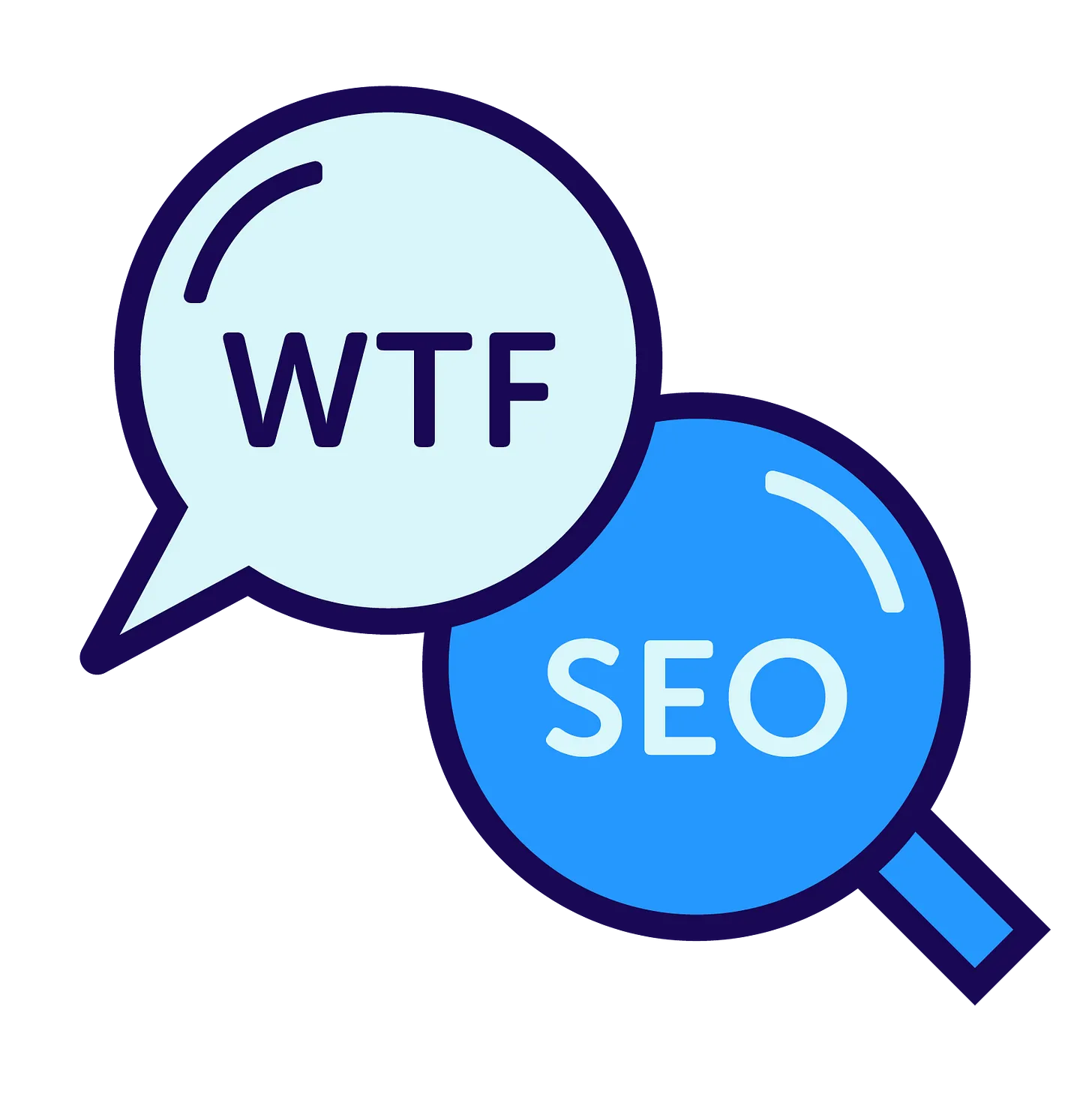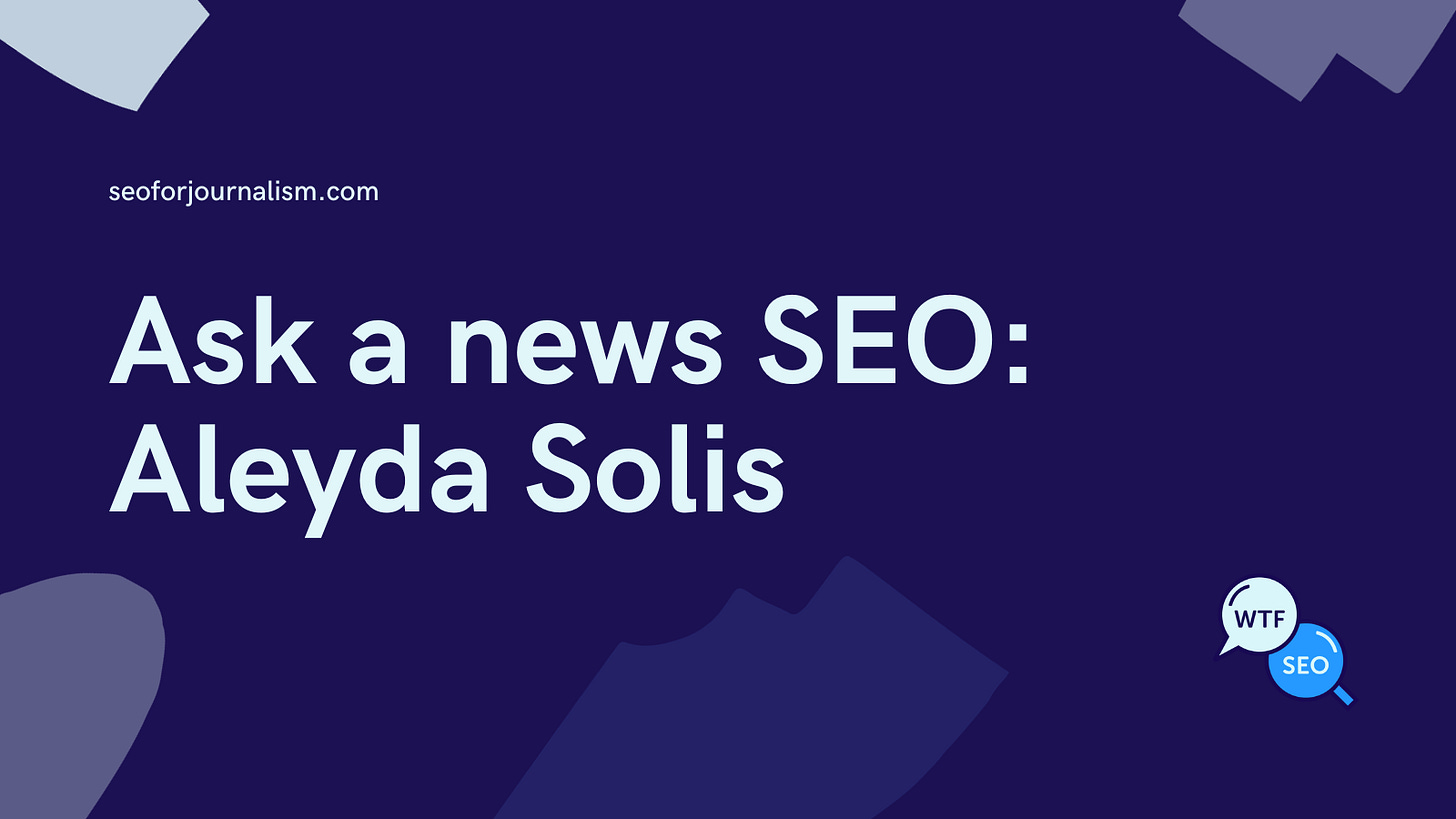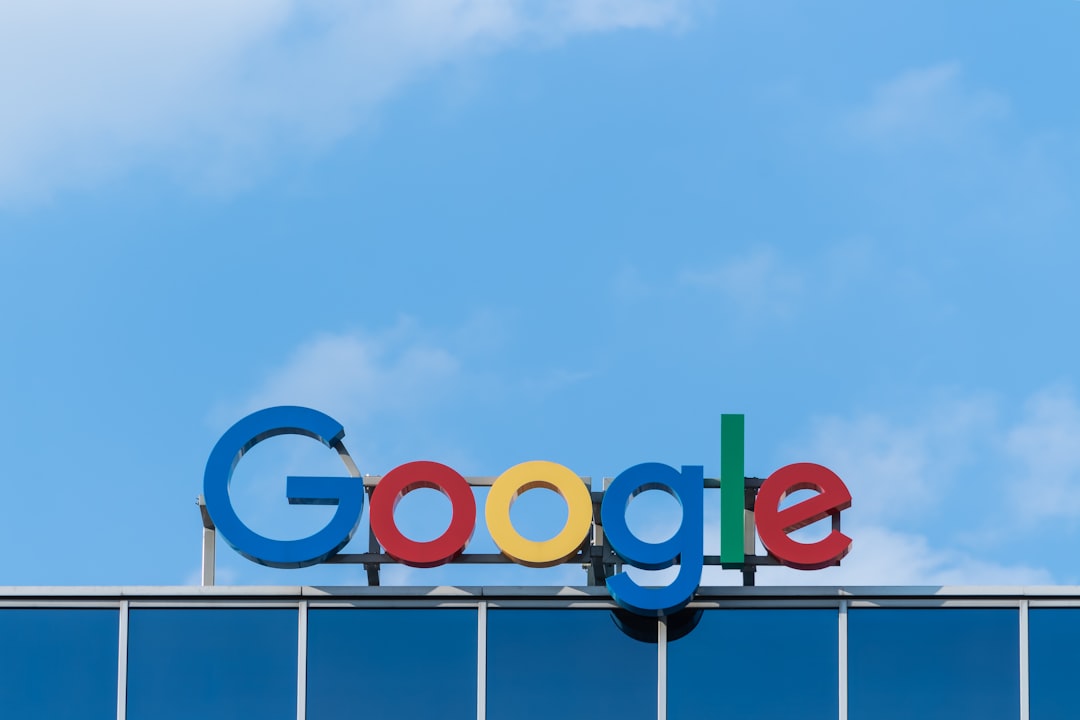Ask a News SEO: Aleyda Solis
Aleyda Solis shares her insights on Search Generative Experience, essential SEO skills, experimenting and much, much more
#SPONSORED
Content Strategy Essentials You Won't Find in J-School
The skills needed to make an impact are rarely taught in school. Led by successful consultants, The Content Technologist offers comprehensive workshops that explain the business side of content. Learn from working experts on how to move the needle on content performance — and get buy-in from the bosses.
Hello, and welcome back. Jessie and Shelby here, back from Toronto’s first perfect fall weather weekend. A crisp 18 to 21 degrees Celsius, which for those who are strange and use the imperial system, is around 65 degrees Fahrenheit. Weirdos.
ICYMI: We’re thrilled to be partnering with Barry Adams and John Shehata to give away four tickets to NESS. Here’s how to enter.
Happening soon: A fall community call. RSVP on Eventbrite.
This week: Aleyda Solis. Yes, THE Aleyda Solis: Publisher of the SEOFOMO and MarketingFOMO newsletters, host of Crawling Mondays, in-demand speaker and go-to expert for all things SEO. She joins us to talk about Search Generative Experience, navigating volatility and focusing on what actually matters in SEO.
Join our community of almost 1,450 news SEOs on Slack to chat any time.
This interview has been edited and condensed for clarity.
WTF is SEO?: Search Generative Experience has been in the wild for several months now. What insights do you have around the experience so far?
Aleyda Solis: I have been going through and testing with a few queries and query types — transactional, informational, e-commerce driven, localized — and it's interesting because in general, it’s a duplication of the experience with the existing features. With position zero knowledge panels, or for factual queries, especially — like the weather or information about a prominent figure. The SGE snapshot is a duplication of what you are already getting, just with different features.
What we already have in traditional search results is better integrated within the UI, and will better address the needs of the user.
For example, songs from X or Y artists. In the search generative experience, this will be a list of links. It's pretty much a listicle of the top songs of this artist that are not even clickable. It's a very, very bad user experience.
On the other hand, traditional search results, with these clickable elements that generate videos — from YouTube and other audio services that I can listen to — are much, much more useful.
Then there is the e-commerce, transactional, product-driven type of queries. I can see there might be more of a point. It might be a bit more useful for actual visitors. For example, I’ll be looking for Levi’s jeans or X or Y brand. Now, in SGE, brands that are not that (main) brand, are generated.
We’re already seeing it in top search results, with PLP’s (product landing pages), listing pages, product listings. The SGE will end up there, featuring an intro, with the products directly. They're taking into account the products that they have already in their Merchant Center.
And they are clickable in this case. They will display the product knowledge panel with reviews of each of the products, the pros and cons, and the list of merchants selling that product.
I can definitely see how this experience can replace regular results. It's more useful for visitors than having to go to a particular website, category page or subcategory and have a list of products there.
In this scenario, it’s great for Google. It’s an advantage. I believe in this scenario, they might want to keep it.
And then the last scenario will likely be the one that you're more interested in. And that is more informational, news-related types of queries.
For certain queries, Google has been more careful showing SGE. For example, for recipes, I believe that Google is very aware this is a fraction of the web that is expert-driven.
For YMYL (Your Money or Your Life) content, they might want to be a little bit more careful on how they generate this experience. It's still only an experiment, and we see that. They are not yet generating a lot of SGE snapshots for this type of content. As long as Google, in this particular scenario, overlays links — as they are doing in the latest tests — going to publications after each response, it should be okay traffic-wise.
This may impact the granularity of the keyword — I imagine more long-tail keywords and fewer head terms to be searched with this type of experience. It may incentivize the user to be more granular, specific and descriptive.
But it shouldn't impact the visibility of the website. It will end up impacting the strategy of publishers — getting more traffic to the more obscure articles rather than the top category or the pillar page. In this case, I can see how this might impact user behaviours, but as long as Google keeps referring to publishers and including links, it should be okay from a traffic standpoint.
This is an opportunity, then, to update the strategy a little bit. For a lot of my e-commerce clients, we own pretty much all of the transactional or commercial queries. For them, it’s always about the pure search volume.
This is something publications and news sites are not so driven by because they better understand how trending topics work, how you don’t see that historical data yet, even in keyword research tools because it’s a new behaviour. For many of the new players, this will be a completely new game.
WTF is SEO?: You're seeing the same thing in SGE as you're seeing in the regular results. But as you said about developing it and moving on, how does it get smarter? What about the fact that now we can block ChatGPT and other AI bots?
Aleyda Solis: So this is interesting. I have a client who generates quite a bit of unique content themselves. But it can also be found in other ways, on other platforms, even YouTube, which is owned by Google. This client is now asking, “Should we block or how can we block?”
We didn’t want this information out there for these AI chatbots to learn from. At that point, the only way was to block the common crawl. But now, OpenAI has specified their own crawler. But of course, they already have quite a bit of information and knowledge that they have used for training.
And then Google hasn't yet disclosed anything for their crawlers. They have said there is a need to have something extra beyond robots.txt or meta robots. I believe that eventually they will need to specify an additional tag, like meta robots tag.
Then there’s the question of how accessible to make your content. For example, if you provide insights or facts that cannot be found anywhere else — that’s your value. You really want to make sure that the user will end up going to your website to find this information because you have invested in this research. Many publications have paywalls, so do scientific journals and many research-focused publications. So in this case, it makes sense to block.
Publications that already have a paywall block accordingly because it’s something that’s unique to them. But here’s the thing with paywalled content — you want to play around a little bit and know when to actually disclose parts or open up a sneak peek of that information.
If there’s something really important or unique that is good to attract more users, you may think, “how much do I give away and how much do I keep for myself?” You can think the same way for blocking AI chatbots. Experiment with how much to show the bots.
Claudio Cabrera, from The Athletic, was talking a little bit about their paywall strategy. He shared how they were testing and playing around with it, depending on engagement and subscriptions. At the end of the day, conversions are what they are ultimately looking for. Just like you can play around with paywalls, you can play around with AI chatbots seeing your content.
I think there will be a lot of this type of experiments and testing. With AI content, blocking, what to block or not, depending on the engagement and conversions that you see from SGE.
WTF is SEO?: In our industry — and SEO in general — there’s a lot of volatility. Everything changes. Do you have any advice for SEOs around preparing for the volatility that is par for the course?
Aleyda Solis: What matters in the first place is what can be done because of timing and resource constraints. I'll always focus on what Google has actually disclosed to be a ranking factor. But for a long, long time, a lot of people have done what they think works. Even if Google hasn’t disclosed it as a ranking factor.
My point here is, who cares?
Regardless if Google has confirmed it is a ranking factor or not, if you know these configurations and elements will make your users trust you and convert with you versus any of the other players that are ranking above or below you, it doesn't matter. You should do that tactic if that helps your unique proposition.
Can you provide the best experience in the market? I think the issue comes when you’re chasing the factors or chasing what people say is important. You’ll always be behind. Think about your web experience, your content, your information — all parts of the publication — and make it the best. If you’re not thinking like this, then you can’t think, “why am I not first in my market?”
There is no such thing as a perfectly optimized website. Not even if you are the top in your sector and have unlimited resources. Because in that case, the problems aren’t resources, but bureaucracy and buy-in.
There’s only so much that you can do in a limited timeframe, and you need to focus on what actually matters: On the user experience.
I don’t care if something has been specifically disclosed by Google. If it makes sense for my client, or the website experience versus one of my competitors to fill the user’s search, I will prioritize it.
We need to do what we know is good for the user through the journey, with a real understanding of the product and the user search behaviour. If you focus on what actually matters, on the fundamentals, rather than chasing every single time there's a release, it's always good.
WTF is SEO?: Do you have a preference when it comes to working in SEO with clients between technical SEO and content SEO?
Aleyda Solis: It depends on the size of the clients. I really want to work on what I know will be more impactful.
If it is, for example, a small SaaS website, the product is well known, but they haven't established their website, it is usually content. Even if they have some technical challenges or misconfigurations or whatever. These are easily solvable because it's a small website.
But when it is working with established, highly authoritative websites that have millions of URLs and they have all the backlinks in the world, all of the products, it tends to be the technical side of things. That will end up paying off and having the biggest impact in the short term. I try to combine the two because in most cases this will tend to be the best.
When it is a small player, it tends to be more about content, which will have more impact. For bigger players, it tends to be technical. For me, the ideal world will be to have a little bit of both.
I don’t like to have all of my eggs in a single basket. Sometimes, because of all of the changing priorities, it’s good to have something in parallel that you can be working on and know that will be released faster, as another way to achieve results.
WTF is SEO?: What do you wish you would have known earlier in your SEO career?
Aleyda Solis: It’s all about the business. And that there are more opportunities nowadays. When I was starting as an SEO, it was like, okay what do you want to do? Do you want to be a link builder? Do you want to be a content optimizer or content specialist? Or do you want to be a technical SEO?
This black and white type of approach didn't help me develop myself as an integral SEO. At some point, I understood that there's no way to get results only by doing technical or content. It will be about doing a mix of things. You might want to prioritize this or that, but you should have an understanding of how it all works together as part of the puzzle.
The other thing is there's no better way to learn than by doing. A lot of us, especially at the beginning, need this sort of validation like yes, you can do it. Give yourself permission to test and share new stuff, even if there isn't anybody who will give you permission. This is how you learn a lot in SEO.
You need to be courageous. You need to always be willing to test. Otherwise you will always be behind the learnings of somebody else. It is important to understand that some people don't matter. They might not necessarily think that you're capable of doing a lot of things that you're actually very capable of doing. You should give yourself permission to try those things.
#SPONSORED - The Classifieds
State of Digital Publishing: Double the organic traffic to your digital media and content property with SODP's Publisher SEO online course. Use code
WTFISSEOfor 20% off any plan!
NewzDash: Revolutionize your workflow with SEO tips, AI recommendations, ranking alerts, content gap analysis and more. Elevate your content with NewzDash! 🚀
Get your company in front of almost 7,700 writers, editors and digital marketers working in news and publishing. Sponsor the WTF is SEO? newsletter!
RECOMMENDED READING
🤖 Google: The September 2023 helpful content system update began rolling out last week. Here’s Google’s documentation for the Helpful Content System.
Marie Hayes and Barry Schwartz both round up the changes in the 2023 update.
Barry Schwartz also identified a change in the documentation from Google.
Meanwhile, Google stopped showing How-to rich results on desktop.
🏆 Lily Ray: Winners and losers of the August 2023 Google core update.
🍔 Nicola Agius: E.E.A.T: Making experience and expertise a content advantage.
💬 Reynolds Journalism Institute: Newsrooms are beginning to experiment with AI chatbots trained exclusively on their own content. One of the goals is preventing the spread of false or out-of-context information.
🛍️ Brodie Clark: Products now show up in Google Search Console’s “Shopping tab listings”.
❄️ Alex Klugerman: How to create a successful holiday season SEO strategy.
♻️ Ross Simmonds: How to repurpose your old content.
⚙️ Andrew Holland: A 6-minute process to diagnose your most costly E.E.A.T issues.
What did you think of this week's newsletter?
(Click to leave feedback.)
Catch up: Last week’s newsletter
Have something you’d like us to discuss? Send us a note on Twitter (Jessie or Shelby) or to our email: seoforjournalism@gmail.com.
Written by Jessie Willms and Shelby Blackley









